Discharge
A Discharge of any type is the best possible sentence you can receive short of a Resolution. A Discharge means that the Court has found you guilty of a criminal offence, but rather than entering a conviction against you, has chosen to show leniency and ‘discharge’ you, either conditionally or absolutely.
Conditional Discharge vs. Absolute Discharge
The difference between a conditional discharge and absolute discharge is that unlike an absolute discharge, a conditional discharge requires a term of probation. That is, in the case of a conditional discharge, the court will indicate that you will be discharged, but only after you fulfill the terms of either a one, two, or three year probationary period. This probationary period will typically involve things like reporting to probation every two weeks, counselling, and community service.
Discharges are rarely granted. In order to receive an Absolute or Conditional Discharge, there must be no minimum sentence specified in the Criminal Code. Further, discharges typically apply to relatively low level offences, and typically require unique personal circumstances. The list of unique circumstances that may be relevant is not exhaustive, but can include some of the following:
- Risk of loss of employment if convicted
- Risk of deportation if convicted
- An indication that an underlying mental health concern contributed to the wrongful behavior
- An indication that some sort of coercion or undue pressure caused the wrongful behavior
Curative Discharge
Curative discharges are applicable in impaired driving cases only, and have a very unique set of qualifying criteria. In the most general of terms, to qualify for a Curative Discharge there must be:
- A significant and ongoing history of alcohol dependence,
- A significant alcohol dependence at the time of the offence,
- A willingness to change, and
- A likelihood of success
Typically expert evidence and formal medical diagnosis will be required, as well as a requirement that you personally testify to, among other things, the above mentioned issues.
Discharges
- What is a conditional discharge?
- What is an absolute discharge?
- What effect will a discharge have on my criminal record?
- What is a curative discharge?
